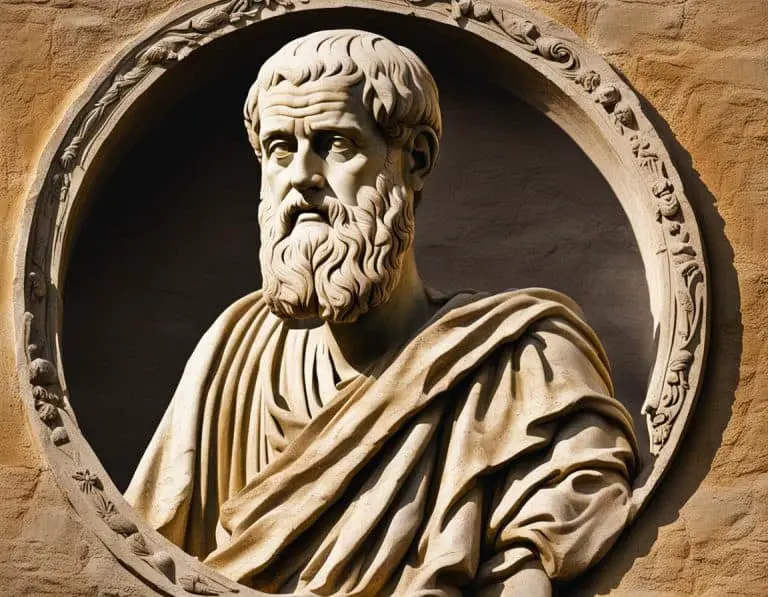Theoretical Framework of Plato’s Educational Legacy
Plato’s educational legacy continues to resonate in modern times due to the timeless theoretical framework it offers. At the core of Plato’s educational philosophy lay the belief that education should not only focus on imparting knowledge but also on nurturing individuals to think critically and reflect deeply. This emphasis on cultivating intellect and wisdom remains a cornerstone of education today, emphasizing the importance of developing well-rounded individuals who can engage with complex ideas and concepts.
Plato’s educational framework also champions the idea of using dialectic as a method to stimulate intellectual growth and foster a deeper understanding of the world. By encouraging dialogue, debate, and questioning, Plato’s approach to education promotes a dynamic learning environment where students are challenged to think independently and critically. This philosophical underpinning emphasizes the value of inquiry and the pursuit of truth, guiding learners to develop a deeper understanding of themselves and the world around them.
Links to Critical Thinking Skills
Plato’s educational legacy remains relevant today due to its strong emphasis on critical thinking skills. By engaging in rigorous philosophical inquiry, students in Plato’s Academy were encouraged to question assumptions, analyze complex ideas, and develop logical arguments. This approach fostered a deep understanding of a wide range of subjects and honed the ability to think critically about the world around them.
Moreover, Plato believed that cultivating critical thinking skills was essential for individuals to make informed decisions, navigate moral dilemmas, and contribute meaningfully to society. By challenging students to think independently and evaluate information from multiple perspectives, Plato’s educational framework aimed to empower individuals to become discerning, thoughtful, and ethical citizens. This enduring legacy underscores the timeless importance of nurturing critical thinking skills in education.
Practical Applications of Plato’s Teachings
Plato’s educational philosophies offer practical applications that can be integrated into modern teaching methods to enhance intellectual growth among students. By emphasizing the importance of critical thinking and reasoning skills, educators can help learners develop a deeper understanding of complex concepts and improve their problem-solving abilities. Incorporating Socratic questioning techniques in classroom discussions can stimulate students’ curiosity and encourage them to analyze information from multiple perspectives.
Moreover, Plato’s emphasis on the holistic development of individuals underscores the significance of nurturing not only academic knowledge but also ethical values and character traits. Educators can incorporate discussions on morality and virtue in their lessons to cultivate well-rounded individuals who are not only knowledgeable but also ethical in their decision-making. By integrating Plato’s teachings into the curriculum, educators can foster a learning environment that promotes self-reflection, intellectual curiosity, and a commitment to lifelong learning.
Promoting Intellectual Growth
Promoting intellectual growth is at the core of Plato’s educational legacy. By emphasizing the importance of critical thinking, reasoning, and reflection, Plato sought to cultivate individuals who could engage with complex ideas and navigate the complexities of the world around them. This focus on intellectual development remains relevant today, as we continue to value individuals who can think independently and approach challenges with a well-rounded perspective.
Plato believed that true knowledge comes from within, through a process of self-discovery and inquiry. By encouraging students to question assumptions, explore different viewpoints, and seek understanding beyond surface-level information, Plato’s educational approach fosters a deeper level of intellectual engagement. This commitment to promoting intellectual growth not only equips individuals with the tools to succeed academically but also empowers them to become active and informed participants in society.
Comparison of Plato’s Educational Approach with Modern Methods
Plato’s educational approach, outlined in his dialogues such as “The Republic” and “The Symposium,” emphasized the importance of critical thinking, self-reflection, and the pursuit of knowledge for the betterment of society. In contrast to modern methods that often prioritize memorization and standardized testing, Plato’s approach focused on cultivating individuals who were capable of independent thought and moral reasoning.
By encouraging students to question assumptions, engage in dialectical reasoning, and develop a deep understanding of abstract concepts, Plato’s educational legacy promotes intellectual growth and the ability to think beyond surface-level information. This contrasts with many modern approaches that may prioritize rote memorization over the development of analytical skills and the ability to think creatively in a rapidly changing world.
Adaptability in the Digital Age
In the fast-paced digital landscape of today, the principles of adaptability embedded in Plato’s educational legacy hold particular relevance. In a world where advancements and changes occur rapidly, the ability to adapt and evolve is crucial. Plato’s teachings emphasize the importance of being open-minded, flexible, and willing to embrace new ideas and perspectives. These qualities are fundamental in navigating the complexities of the digital age.
Moreover, Plato’s educational approach encourages individuals to continuously learn, unlearn, and relearn in order to stay relevant and thrive in a dynamic environment. In the digital age, where new technologies emerge and redefine industries at a rapid pace, the capacity to adapt and acquire new skills is imperative for success. Plato’s focus on intellectual growth and critical thinking resonates strongly in today’s world, where the ability to analyze information, think creatively, and problem-solve effectively is highly valued.
Related Links
Why Plato’s Educational Legacy is Essential for Educators
What Are the Key Principles of Plato’s Educational Legacy

